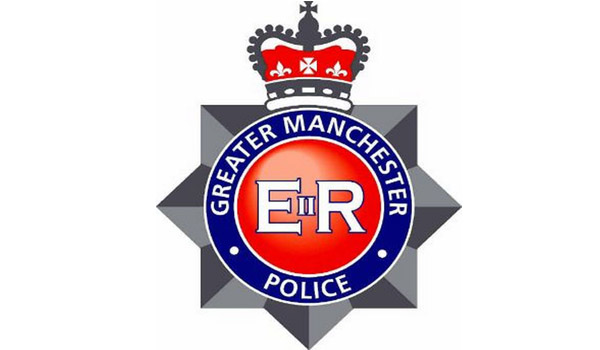IPCC dismisses allegations of corruption and cronyism at GMP
The Independent Police Complaints Commission (IPCC) has dismissed a whistleblowers allegations that Greater Manchester Police (GMP) senior officers were corrupt and wrongly disposed of human tissue from Dr Harold Shipmans victims.
The Independent Police Complaints Commission (IPCC) has dismissed a whistleblowers allegations that Greater Manchester Police (GMP) senior officers were corrupt and wrongly disposed of human tissue from Dr Harold Shipmans victims.
The IPCC carried out three independent inquiries into the allegations made by a former GMP officer, including: cronyism among senior officers; failure to follow correct procedures; failure to investigate complaints properly; and corruption.
The IPCC said no officer had a case to answer over an allegation that the force had unlawfully disposed of body tissues relating to the forces criminal investigation into Dr Harold Shipman, who was found guilty in 2000 of murdering 15 of his patients. He is believed to be responsible for as many 250 deaths in the Hyde area of the city.
The report concluded that GMP had acted within the law in place in 2011 when it decided, on the advice of a Gold Group, to dispose of human tissue exhumed during the investigation into what is believed to be the most prolific serial murderer in modern UK history.
However, the IPCC said the force did not follow the Association of Chief Police Officers advocated best practice, the Human Tissue Act 2004 Codes of Practice, or force policy. These were guidance, it said, and the force was not obliged to do so.
On Friday (June 16) it said: In the investigators opinion, GMP had acted within the law and scope of the policies in place at the time in relation to their decision to dispose of the human tissues and the decision not to inform the families.
As a result, no officers were found to have a case to answer for misconduct and no further action was taken by GMP.
The IPCC recommended GMP revisit any cases that involved the storage and disposal of human tissue, to consider whether any families need to be informed.
Two further investigations examined claims that the force had handled covert inquiries into a sex offender and organised crime group poorly.
The whistleblower claimed GMP officers chose not to intervene when an alleged child abuser was observed entering a building with two young people.
However, an IPCC investigator concluded that, although the decision not to intervene was in line with the investigative strategy, the actions of a detective superintendent and a detective inspector, who led the planning and implementation of the strategy, could amount to misconduct.
The GMP review was not as effective as it could have been. However, in the investigators opinion, this omission does not mean that the issue was covered up as had been alleged, the IPCC said.
GMP held a misconduct meeting in March 2017 which resulted in performance measures and a development plan being put in place for both officers.
A detective chief inspector, the lead officer in a covert operation against the organised crime group, was deemed to have demonstrated naivety in his arrest strategy and approach to protecting the public.
In particular, officers continued surveillance of a suspected criminal gang while they carried out a robbery on a Stockport pub. It was alleged members of the public were put at risk by the decision not to intervene.
The following day, search warrants were executed and arrests made. However, incorrect applications were submitted by an officer to obtain the warrants and, technically, the paperwork issued was not an actual search warrant.
What was believed to be a search warrant contained sensitive information which was inappropriate to be shared with the recipient of the warrant, the IPCC said.
The detective chief inspector realised the error and directed that a re-application be made, which was again completed using the incorrect paperwork. He then redacted the sensitive information from the incorrect search warrant and used this paperwork to undertake the searches, so as not to lose the opportunity to secure evidence.
The issue with the warrants and property seized under them was eventually rectified at a later date via an application to the court from GMP


